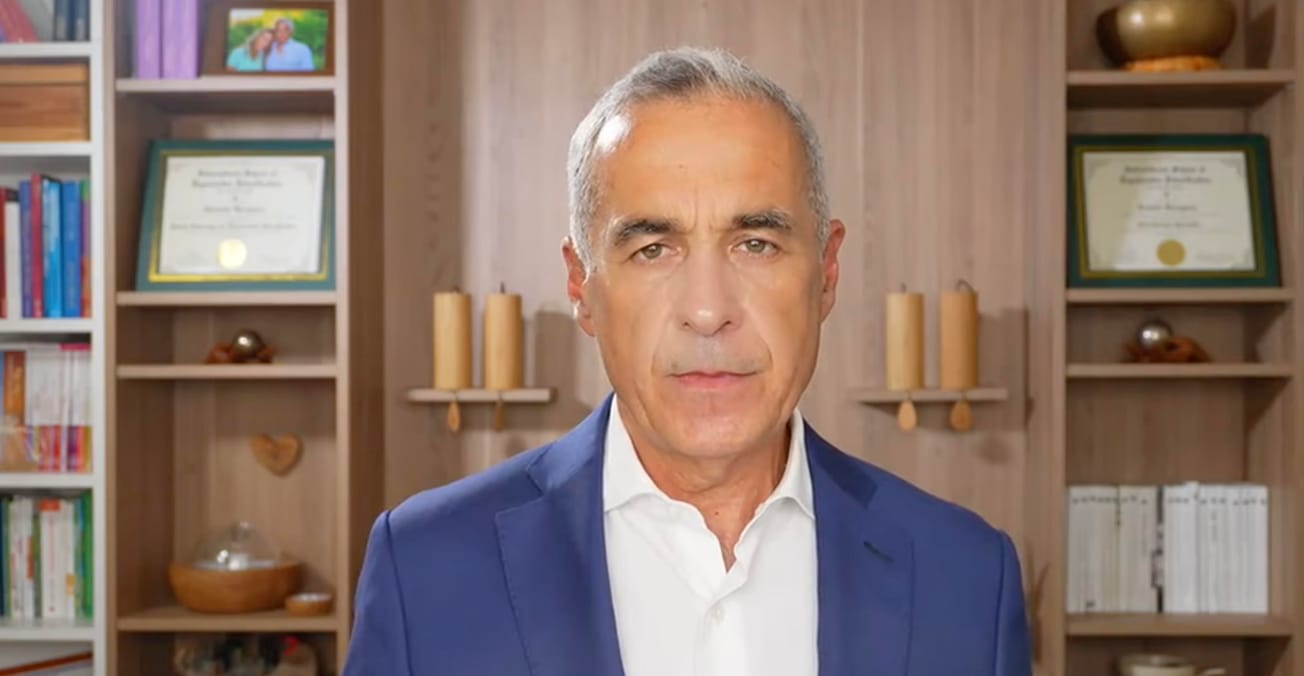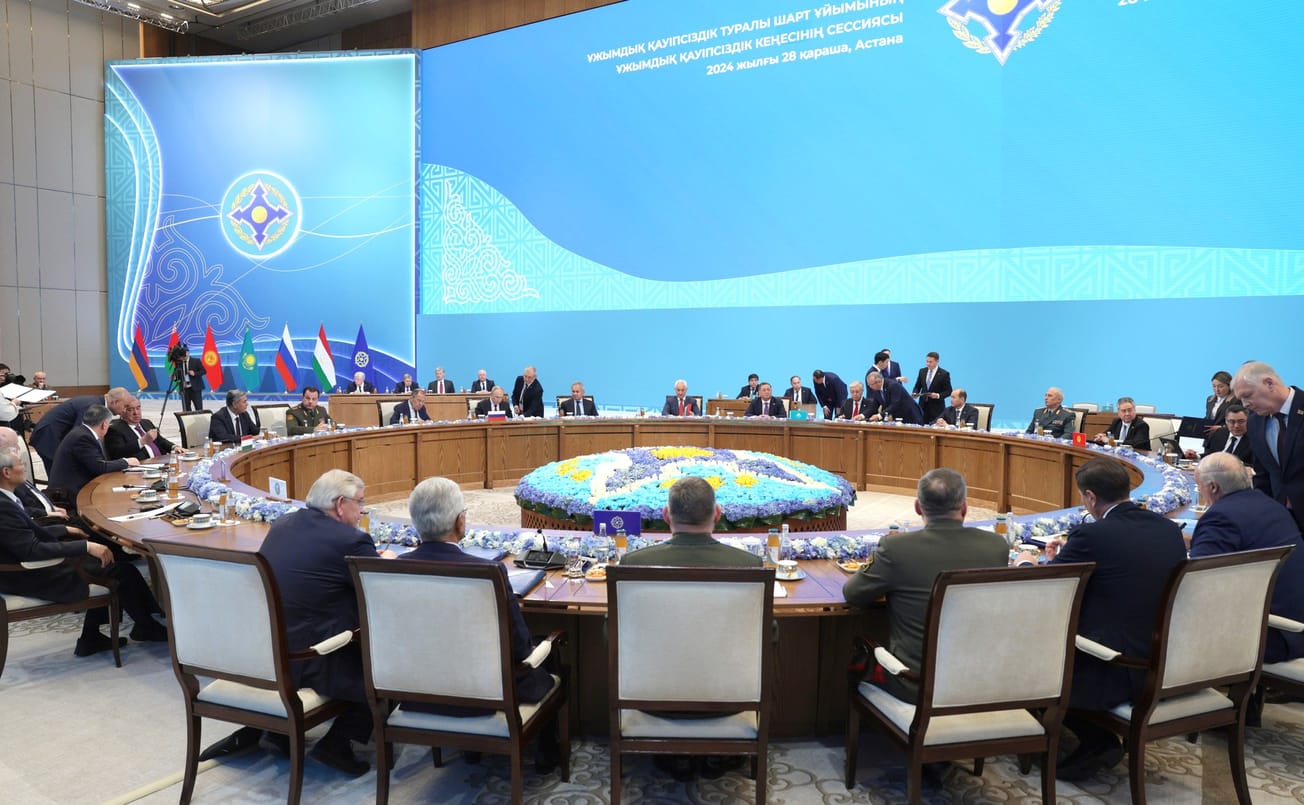Sri Lankan officials announced today that the government had declared a default on its $51 billion foreign debt, in order to keep its limited remaining foreign reserves to pay for importing essential economic items, such as fuel, for its people. The economic catastrophe facing the country is such that two days before, the Sri Lanka Medical Association (SLMA) had issued a letter warning that more people are in danger of dying from the shortage of medicines and medical equipment, and lack of power in the country, than those who died from COVID-19.
Sri Lanka’s Finance Ministry issued a statement today that creditors, including foreign governments, are free to capitalize any interest payments due to them from today, Tuesday, or agree to be paid in Sri Lankan rupees. “The government is taking the emergency measure only as a last resort in order to prevent further deterioration of the republic’s financial position.”
“We need to focus on essential imports and not have to worry about servicing external debt,” the head of Sri Lanka’s Central Bank, P. Nandalal Weerasinghe, told reporters this morning. “It has come to a point that making debt payments are [sic] challenging and impossible.” He called the moratorium temporary, until the country can reach an agreement with its creditors and with the International Monetary Fund. The week before, the central bank reported that the country’s foreign exchange reserves had dropped by 16.1% in March from the month prior, falling to $1.93 billion in March, reportedly equivalent to about one month of imports. Reports seen on debt payments due in 2022 ranged from 4 to 8.6 billion dollars.
The SMLA’s public letter to President Gotabaya Rajapaska describes the human consequences of monetary numbers. Most hospitals on the island nation no longer have life-saving drugs and medical instruments, the letter reported. In March, several hospitals suspended routine surgery because of power outages and a dangerous shortage of anesthetics. The SLMA now worries that it soon might not be possible to carry out emergency procedures.
“We are forced to make tough choices. We have to decide who gets treatment and who will not. If supplies are not restored within days, casualties will be far worse than from the pandemic,” the letter warned.
This is not “a Sri Lankan problem,” but a product of the global breakdown of the usurious international financial system. Other nations are heading to the same point, among them fellow-Asian nation Nepal, where the chairman of an opposition political party, KP Sharma Oli, warned on Monday that “we are soon going to be another Sri Lanka;” government employees may not be paid, and senior citizens will not receive their pensions.




